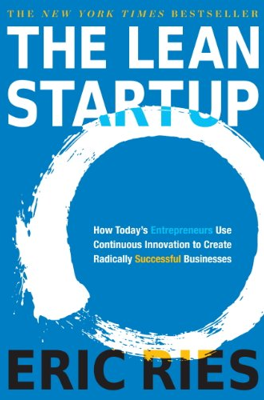Learn
Validated Learning - A Key Element in Lean Startup
Validated learning is a fundamental concept introduced to rectify a common entrepreneurial issue: spending time and resources developing a product that no one wants. It is about rigorously proving through empirical data that valuable truths about a startup’s business prospects have been discovered. Unlike conventional learning from failure that lacks substantiation, validated learning involves measured, data-driven insights that demonstrate clear progress in a startup.
The IMVU Case - An Illustration of Validated Learning
The story of IMVU, an initial failure turned success, exemplifies the importance of validated learning. Initially, the team developed a product based on assumptions about market needs, specifically targeting instant messaging users with a new add-on. After realising their product was not gaining traction, despite its alignment with their expected strategic analysis, the team decided to integrate more direct customer interactions, which pivoted their approach.
This pivot was a shift from an IM add-on to a standalone network that catered directly to creating social connections through avatars. This product adjustment was based on insights gained from direct customer feedback rather than hypothetical market forecasts. They introduced a feature called ChatNow, which unlike their planned strategy, allowed users to interact without prior connection, leading to increased engagement.
Key Lessons from Early Startup Phases
The experience underlines a few critical insights:
Integral Waste Identification: Much of early development was recognized as wastage when retrospective insight showed that simpler tests or fewer network supports could have sufficed to test their hypotheses.
Iterative Product Refinement Based on Feedback: Continuous testing with real customers helped refine the product more effectively than the extensive deliberation and feature additions initially focused on.
Revenue as Feedback, Not Just Profit: Early revenue targets, albeit small, provided continuous feedback and learning, helping steer the product development in a direction truly aligned with customer needs.
The Scientific Methodology in Startups
The Lean Startup advocates for approaching product development as scientific experiments where hypotheses are rigorously tested and iterated upon based on empirical evidence. This focus shifts from merely being able to build a product to validating whether the product should be built and if a sustainable business can be developed around it.
Through validated learning, startups can minimize the time and capital wasted on developing features or products that do not meet market needs, focusing instead on iteratively tested and validated paths to value creation.
